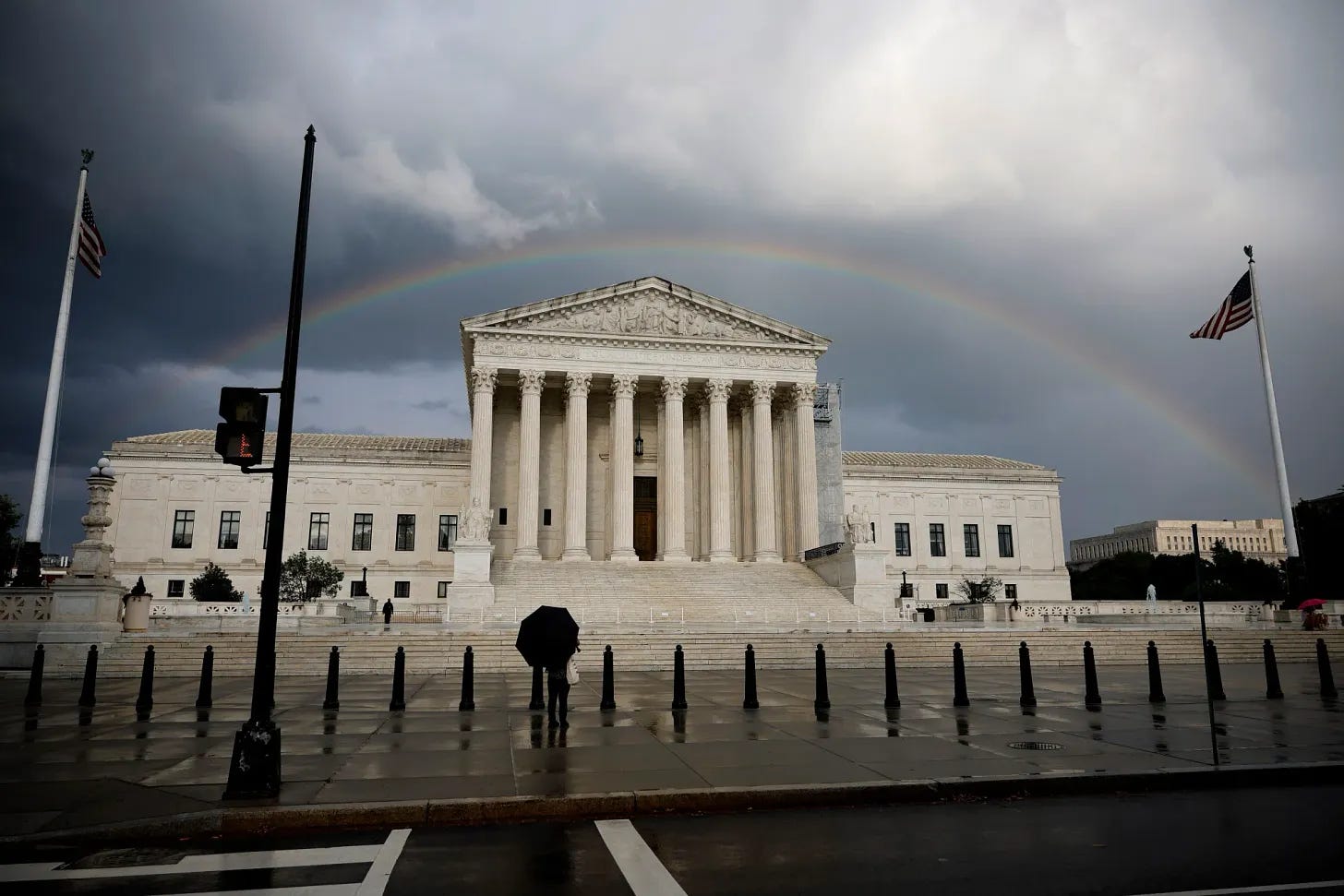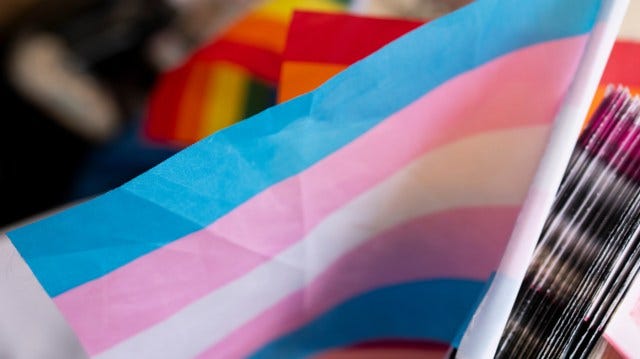Skrmetti: the “sleeper” case that could shift the tide in the culture war
For FAIR’s Substack, Monica Harris writes about the implications of United States v. Skrmetti and how the Court’s upcoming ruling may impact sex-based legal protections.
Erasing distinctions between sex and gender could also undermine the rights of gay women because sex, not gender, defines sexual orientation. Suppose the Court accepts the Biden administration’s interpretation of the Equal Protection clause. Might a lesbian dating site be found guilty of discrimination if it restricts membership to women who identify with their natal sex while excluding biological males who identify as female? Such a ruling would negate a fundamental premise of same-sex attraction and undermine the sexual preferences of lesbians, an outcome that would be profoundly regressive, not progressive.
FAIR’s Interest in Skrmetti and Gender Advocacy
For FAIR’s Substack, Leigh Ann O’Neill writes about FAIR’s interest in gender advocacy as it relates to United States v. Skrmetti as well as our organizational mission.
Belief in the existence and discoverability of objective truth is central to FAIR's vision. This principle has driven us to consistently take on advocacy projects in the gender space, most recently through our involvement in U.S. v. Skrmetti, where the Department of Justice and the ACLU have asked the Supreme Court to strike down a Tennessee law banning "gender-affirming" medical treatments for minors. The Court heard oral arguments in the case earlier this week, and the justices are expected to publish their opinion in June 2025.
We are excited to share with you below the many parts of our advocacy efforts that culminated in this week’s SCOTUS oral arguments, as well as a bit of background on how FAIR came to be involved.
S4 E35 | Jesus and Superman: A Liberalism and Faith Series with Angel Eduardo
For the Institute For Liberal Values, FAIR’s chairman of the board Angel Eduardo and Jennifer Richmond launch a new series on faith and liberalism. They embark on this discussion with curiosity and humility, neither trying to convert, correct or proselytize, but simply in exploration of the origins of their common humanity and shared values.
Legal challenges to red-state bans on youth gender care have illuminated a coverup
For the Boston Globe, FAIR Advisor Lisa Selin Davis writes about how evidence unearthed in a Supreme Court case and other lawsuits doesn’t look good for advocates of “gender-affirming” medical treatments.
Over and over in the evidence uncovered by these lawsuits, we see the government organizations, medical associations, advocacy groups, and clinicians that insist on the safety and efficacy of youth gender medicine admitting, and hiding, the opposite. WPATH, AAP, and HHS twisted and concealed evidence, lied about research, protected and enriched themselves and their members, and politicized science. They indemnified practitioners instead of protecting patients.
Having Ridiculous Ideas Doesn't Make You a Bad Person
For The Wisdom of Crowds, FAIR Advisor Shadi Hamid writes about a recent online controversy and why having ridiculous ideas doesn’t automatically make someone a bad person.
But there’s something else. It’s okay for people to have ridiculous ideas! Why should that bother us so much? One of my past relationships was with someone who was very woke. I remember on our first date she referred to the police as a “terrorist organization.” I thought this was absurd, but I also didn’t think that it made her a bad person. You can love someone who has 1 to 3 terrible opinions, as I argued here. I think she’s a wonderful person. She’s animated by a strong moral impulse, she just expressed them in ways that were foreign to me.
The trans rights movement is on the fast track to failure
For The Hill, FAIR’s Director of Legal Advocacy Leigh Ann O’Neill writes about where the trans rights movement went wrong.
It’s time for the transgender rights movement to pivot. Advocates would do right by their constituents by accepting that “gender identity” is a classification separate and apart from binary sex, with necessarily inferior legal protections. Embracing this reality is likely the only hope this movement has for garnering whatever equality-based accommodations that can feasibly be offered under the law.
FAIR News Podcast
For audio versions of our FAIR News and FAIR Weekly Roundup newsletters, subscribe and listen to FAIR News Weekly on Apple Podcasts, Spotify, Google Podcasts, or via RSS feed.
Join the FAIR Community
Join us, and become a member of FAIR.
Become a FAIR volunteer, or join a FAIR chapter.
Sign-up for a Welcome to FAIR Zoom information session to learn more about our mission.
Share your reviews and incident reports on our FAIR Transparency website.










